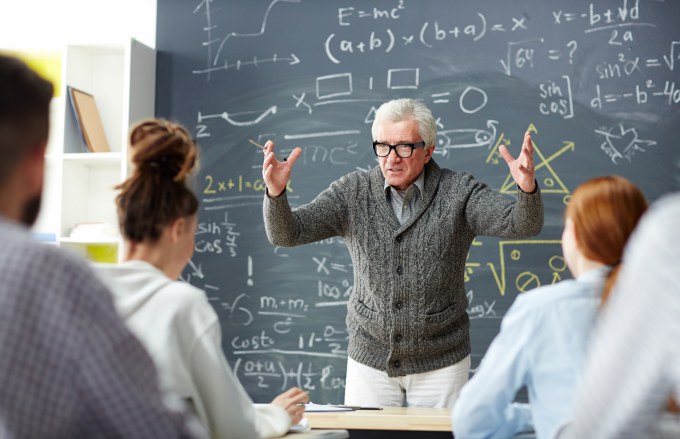The power of critical thinking

Critical thinking has become a vital survival skill in a world where change is the only constant. It's no longer enough to absorb information simply; we must be able to analyze, evaluate, and synthesize it to make informed decisions and solve complex problems. In Peru, education holds the key to building a society equipped to navigate the challenges of the 21st century. But how can we ensure our education system fosters critical thinking in students, empowering them with the tools they need to thrive in a globalized world?
Critical thinking is a cognitive and deliberate process that involves analyzing information, evaluating ideas, arriving at well-founded conclusions, and communicating ideas clearly and accurately (Dewey). It is not just about memorizing but understanding, questioning, and using information to generate new ideas and solutions. Moreover, it is crucial for our personal and social growth, as it helps us to develop analysis and evaluation skills, to solve problems effectively, to make informed decisions, and communicate clearly.
Although the Peruvian education system has made important progress in recent decades, it still faces challenges in disseminating critical thinking. Traditionally, education has focused on memorizing content and reproducing information, leaving aside the development of analysis, evaluation, and problem-solving skills. As pointed out by UNESCO-OREALC (2013), education systems must evolve to prepare students for the knowledge society.
The teacher is a key agent in promoting critical thinking. To achieve this, they must create a learning environment where curiosity is stimulated through open questions, respectful debate is a common practice and the expression of different perspectives is valued. Teachers must model critical thinking, demonstrating a reflective analysis of information, a questioning attitude toward pre-established ideas, and a constant search for new perspectives.
In summary, critical thinking is essential for building an equitable, just, and sustainable society. In Peru, current generations must develop these skills to face present and future challenges. It is necessary that the education system, together with teachers, families, and society in general, commit to fostering critical thinking in students so that they can be agents of change and contribute to the construction of a better Peru.
By: Luna Quintanilla